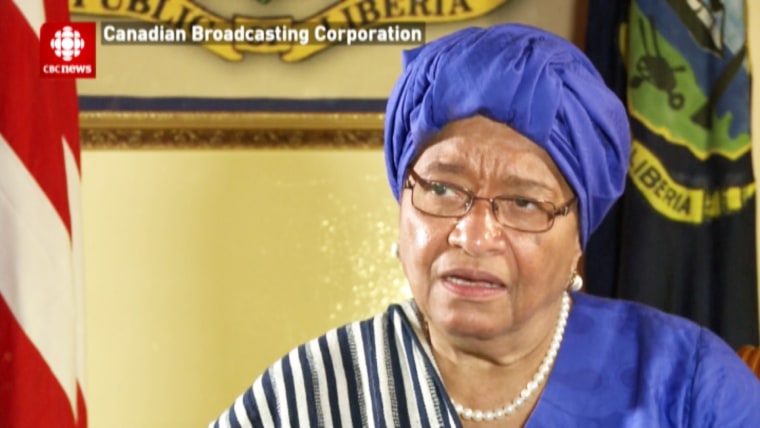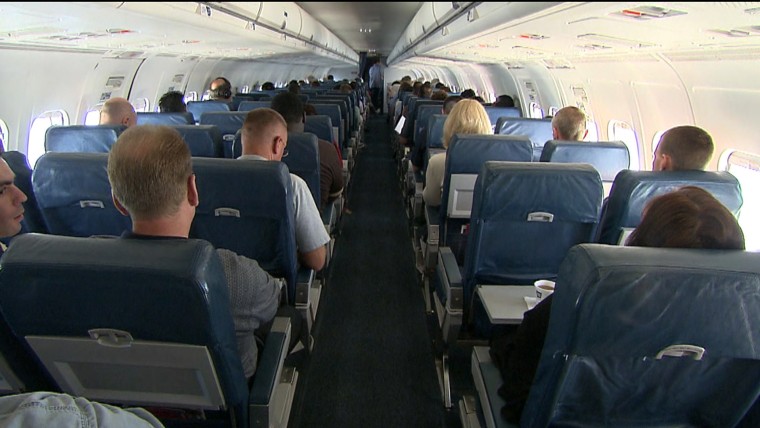If airline passengers are worried they might be sick with a communicable disease, would U.S. law require them to let the airline know?
Legal experts say the answer is no.
Authorities in Liberia say they plan to prosecute Thomas Eric Duncan, the Liberian man who brought the Ebola virus into the U.S. But the potential charges have to do with a local government requirement there.
Liberian officials accuse him of lying on a questionnaire he filled out in Monrovia before boarding an airplane on his journey to Dallas. They say it asked whether he had cared for any Ebola patients or had touched anyone who subsequently died and that he answered "no."
Neighbors in Monrovia have said they believe Duncan became infected when he helped a pregnant neighbor who was sick with Ebola a few weeks ago.
"There's no U.S. requirement that someone announce to the airline authorities that they have a potentially contagious disease or even answer a question about it, even if asked," said Jeffrey Ment, an expert on travel law.
The cruise industry requires passengers to submit to a health screening before boarding to prevent outbreaks of norovirus, and passengers are told to expect the questions before they arrive, said Ment, a Hartford, Connecticut, lawyer.
Airlines, by contrast, have no such rule, though they are required by U.S. regulations to deny boarding to passengers they believe are sick and would pose a danger to others on a flight.
Lawrence Gostin, director of the public health law and human rights center at the World Health Organization, agreed. "It would be highly unlikely that he would be prosecuted under U.S. law if he did the same thing here in America," Gostin said.
The federal government maintains a "Do Not Board" list, managed by the Centers for Disease Control and Prevention and the Department of Homeland Security. It allows public health agencies worldwide to ask that people known to have communicable diseases be restricted from boarding planes.
Congress authorized the government in 2001 to maintain the list. But it wasn't fully activated until 2007, prompted by the failure to stop a Georgia man from boarding a flight home to the U.S. from Italy after he'd been told he had a highly contagious form of tuberculosis.

